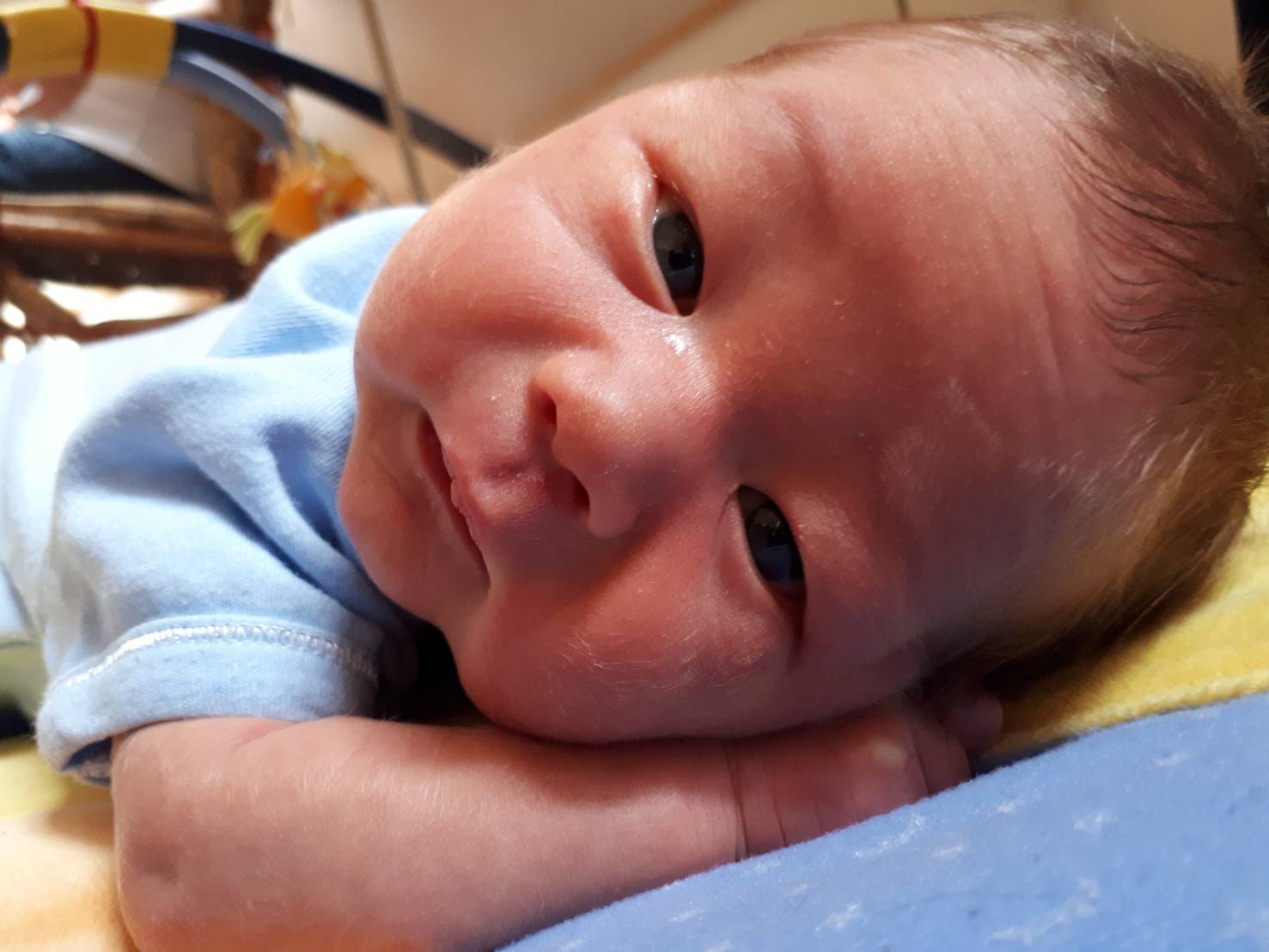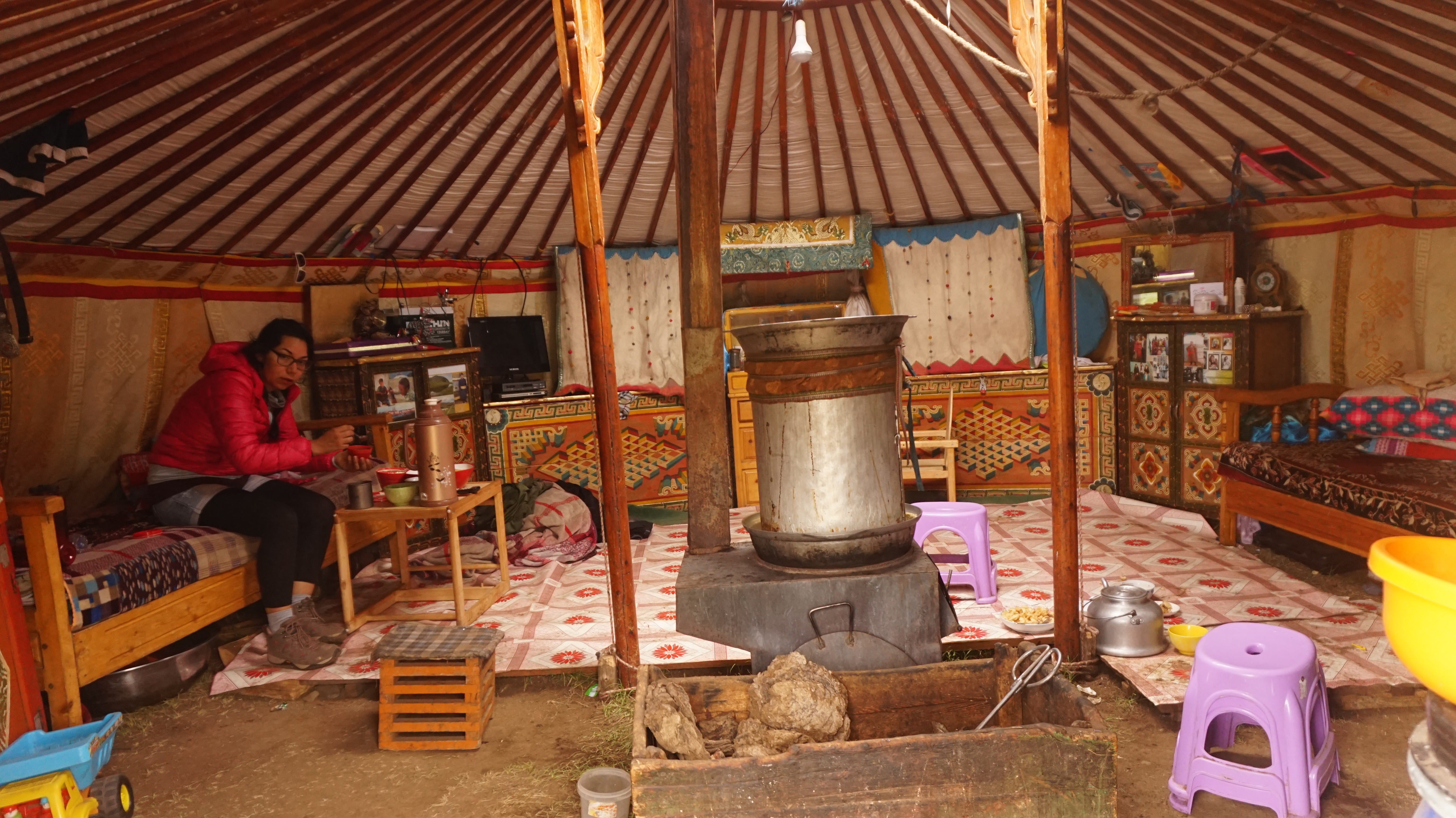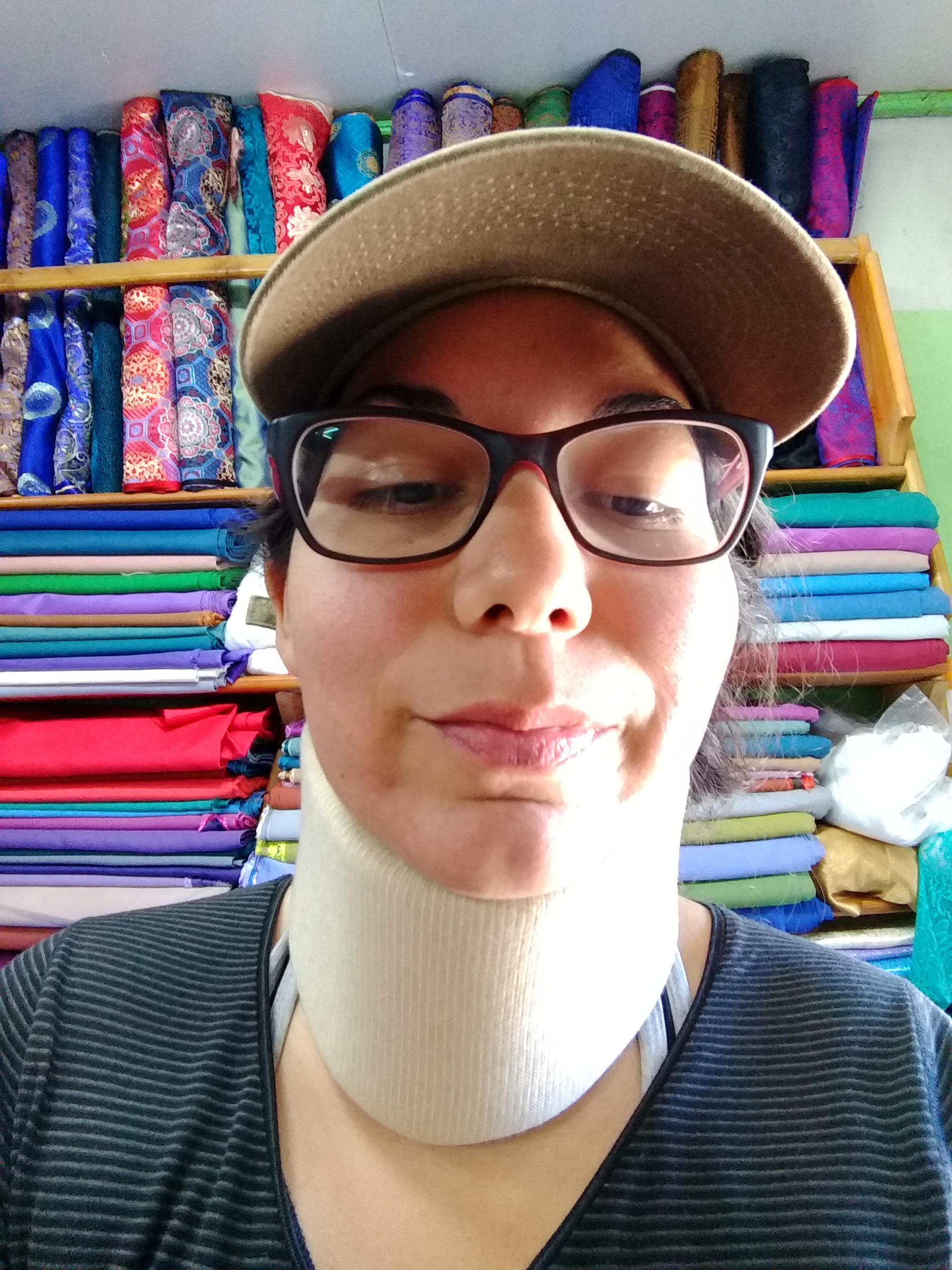I am back!
It’s been more than two years since the last time I wrote a post.
But if I haven’t written anything in the last two years, it’s not because of nothing. As you read on the subject, I’ve been busy.
Moving out from one continent to another is not an easy thing, especially if you have to pack and send approximately 10 boxes by ship and wait months for your things to arrive.
And even though we did a 4-days stop to horse-ride through the Mongolian steppe, it’s not my idea of a holiday to see it interrupted by falling off the horse.
Being in Mongolia was, nonetheless, an educational experience. It taught us to deeply realize 2 things:
- We can and want to live with fewer things
- The West consumes and wastes too much
Back in Germany, we felt uncomfortable being surrounded by too much of everything: too many options at the supermarket, too much furniture at home, too many clothes and shoes, too much food wasted, and too few things really appreciated.
I am not trying to glamourize poverty, but I wonder at what point having many things becomes having too much that we drown in a sea of stuff (a year later Marie Kondo’s and other minimalists’ philosophy became a trend, so I suppose that is the answer).
We arrived back in Munich at the end of July and I had plans. But you know John Lennon’s quote:
“Life is what happens to you while you’re busy making other plans.”
John Lennon
And thus, life happened to me.
We planned to have a child, but I thought that it was going to be an easy ride. I’ve heard of women working until the 8th or 9th month of pregnancy with few setbacks, but when I started bleeding, suffering horrible insomnia, and vomiting each time I ate a banana, I realized that life was throwing me a Lennon…
…and lemons, so I made lemonade.
Although I had to give up a job –that I had recently found– because they didn’t allow me to work from home, I taught Spanish on italki.com from my bed and took consulting opportunities on a freelance basis.
This worked for a while until some amniotic liquid leaked out after the amniocentesis. When the doctor told me that the baby was ok, but that I would have to stay ten days in the hospital, I sobbed like… I cannot even describe it.
After coming back home my health improved. I decided to take things slowly and focus on my pregnancy. I did a course on Hypnobirthing and that changed my mind from wanting a c-section to desiring a natural birth (if anyone wants to know more about this experience, feel free to contact me). He was entangled in the umbilical cord though, so I had a c-section after all. That was ok for me.
And then:

Those of you who are parents –and some of you who don’t– will understand me: the beauty, the amazingness, the perfection of a son, of a daughter, the constant awe in which one lives, the deep and felt wish for them to keep their innocence, their open-mindedness, their will and their confidence, their strength and their humanity; this is love.
Beginning in August 2018 and for a year thereafter I was in what in Germany is called Elternzeit, literally “parents’ time”. I took 12 months off –during which I studied German– and my husband took two.
And now I am back. Back to the professional world and to social media. Back to finding a way to do meaningful work and help others with it. Back to writing on the wall as the same Daniela that stopped writing two years ago and yet a different one too.
As Jodie Foster said:
Change, you gotta love it.







